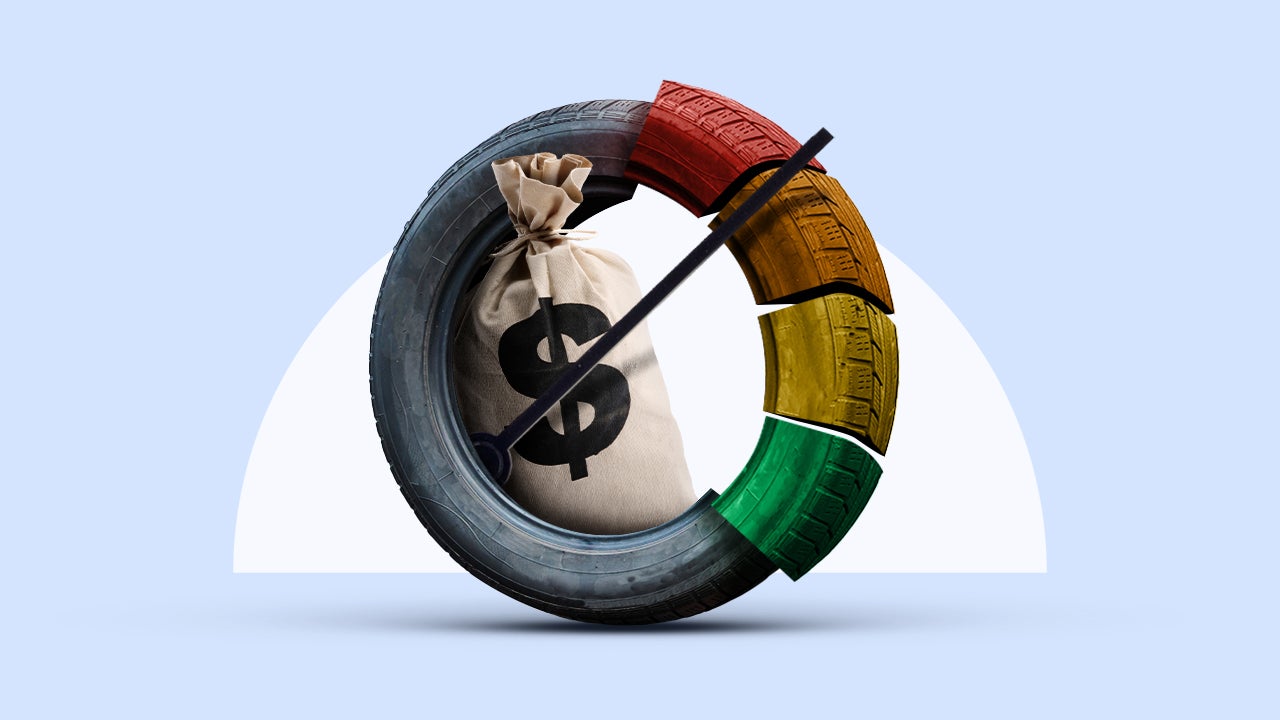Auto loan refinancing: What is it and how does it work?




Key takeaways
- Auto loan refinancing involves paying off an existing car loan with a new one.
- By refinancing, you can secure a better interest rate or change the length of your loan.
- It makes sense to check refinance rates if your credit score has improved, current car loan rates are lower or you have enough equity in your vehicle for refinancing to be possible.
- Refinancing doesn’t make sense if you own an older or high-mileage vehicle, have bad credit or the refinancing costs are too high.
Refinancing your auto loan is the process of taking out a new car loan to replace and pay off your current one. It could give you some room in your budget, especially if you took out a high-rate dealer financing or a short-term loan. A lower interest rate could save you money both in the short and long term.
The process is similar to getting a loan to buy a new or used vehicle, except the lender will need more details about the condition, age and mileage of your vehicle for approval. Knowing the requirements of auto loan refinancing will help you decide if it’s right for you.
How to refinance your car loan
The steps to refinancing a car loan are slightly different from taking out a new one. Doing a little homework ahead of time will give you the smoothest car loan refinancing experience.
-
Make sure your car meets basic refinance requirements: You are unlikely to qualify for a car refinance unless your car – and current car loan – meet these general requirements (though there are exceptions):
- You have at least six months left on your loan.
- You have a current balance between $3,000 and $7,500.
- The mileage is between 100,000 and 150,000.
- The loan-to-value is below 125%.
- Check your credit score: The best auto loan refinance rates typically go to borrowers with the highest credit scores. Most lenders consider a FICO score of 670 or higher to be a good credit score.
- Organize your paperwork: Besides the standard paystub, proof of ID, car registration and insurance, you’ll need to provide the refinance lender with information about the loan you’re paying off. In most cases, you’ll need to order a payoff that is good through the day your new loan is completed.
- Compare rates and requirements: Not all auto lenders offer refinance options, and some are more competitive than others. If you want a lower payment, you may want to consider a longer term, but you’ll likely pay more in interest if you extend your term. A shorter term will typically get you the lowest rate but a higher payment.
- Choose the best offer and apply: After you’ve reviewed the best offers from banks, credit unions and a marketplace lender like Bankrate, you’ll apply. The lender will do a hard credit check, so make sure you’re certain you want to proceed since your credit score may dip a bit immediately after the inquiry.
- Make payments on your current loan until it’s paid in full: Check the balance on your old loan before you stop making payments. You’re still legally responsible for them until the loan is paid off completely.
Is refinancing an auto loan a good idea?
It only makes sense to refinance your auto loan if you have significant equity and can lower your payment or reduce the total amount of interest you pay. Seeing the good and bad of auto refinancing side-by-side may help you determine if it’s a good plan for you.
| Reasons to refinance | Reasons for ineligibility |
|---|---|
| You may be able to get a lower interest rate. | Your car has high mileage or is in poor condition. |
| You may be able to extend your term to lower your payment. | Your current loan is almost paid off. |
| Your credit score has improved since you took out a car loan. | You don’t have much, if any, equity in your car. |
| You have enough equity in your car for refinancing to be possible. | You plan to sell it soon. |
Additional considerations before refinancing your car loan
- Pick an affordable payment: Be realistic about what you can afford. If you’re shortening your term, consider other upcoming expenses (home repairs, dental work, etc.) to make sure the new payment gives you room to afford these things.
- Avoid any type of car title loan: Auto title loans may be tempting in a financial crunch, but the high rates and fees put you at risk of losing your car to default if you can’t repay the loan.
- Watch for fees: Transaction, registration and early termination fees may apply, depending on the lender you choose.
Bottom line
Although it’s not likely that auto loan rates will drop this year, a refinance can still make sense if you can’t afford your current auto payment. Take steps to spruce up your credit score to get the best rate.
Paying a credit card down could boost your score enough to make a car refinance worth it. In addition, with car insurance rates continuing to rise, you may want to explore an auto loan refinance to offset higher premiums.





